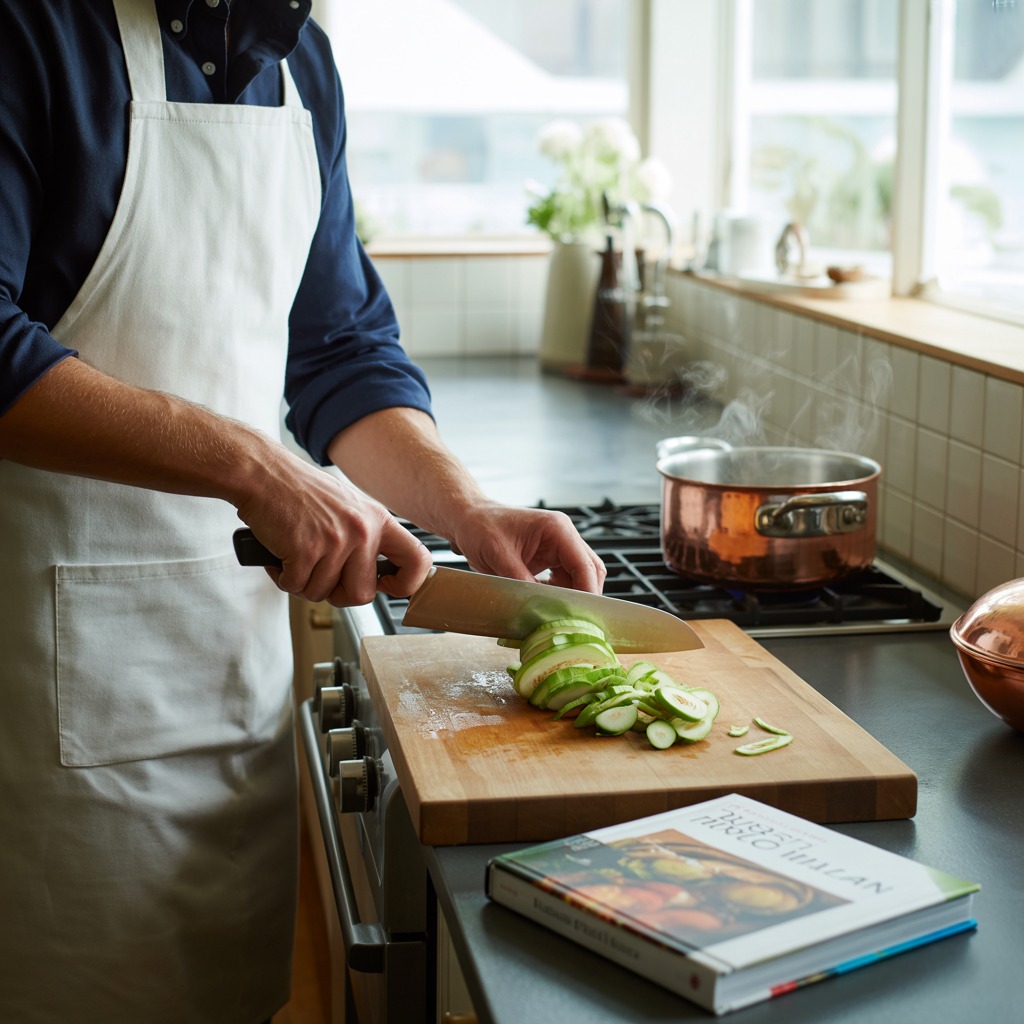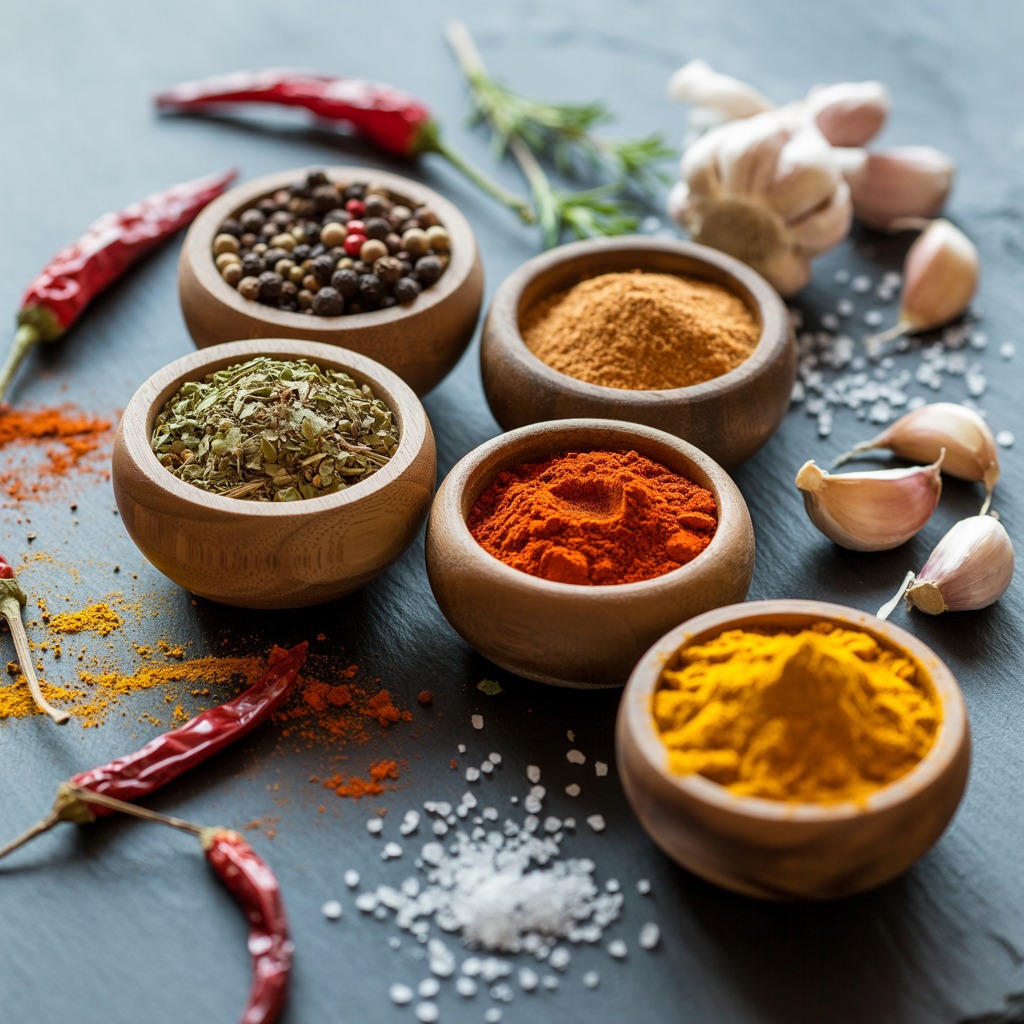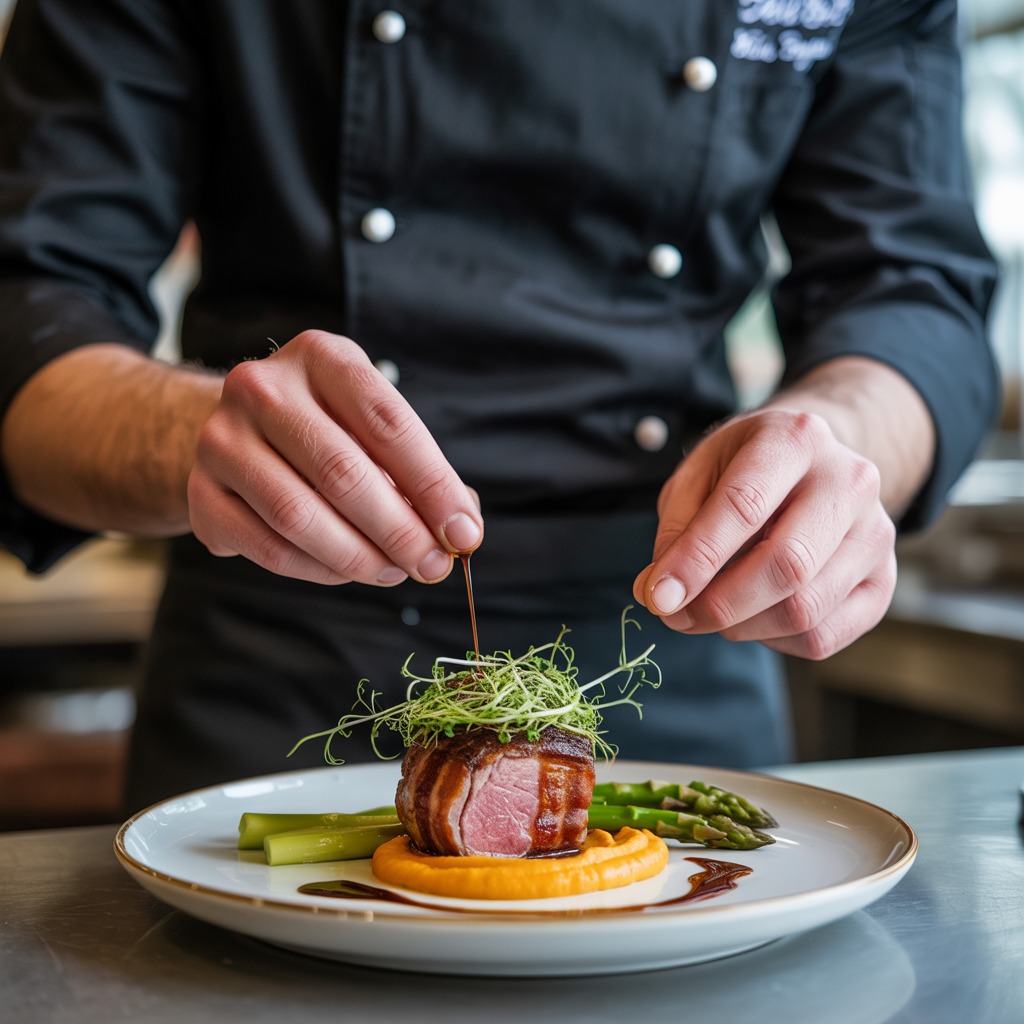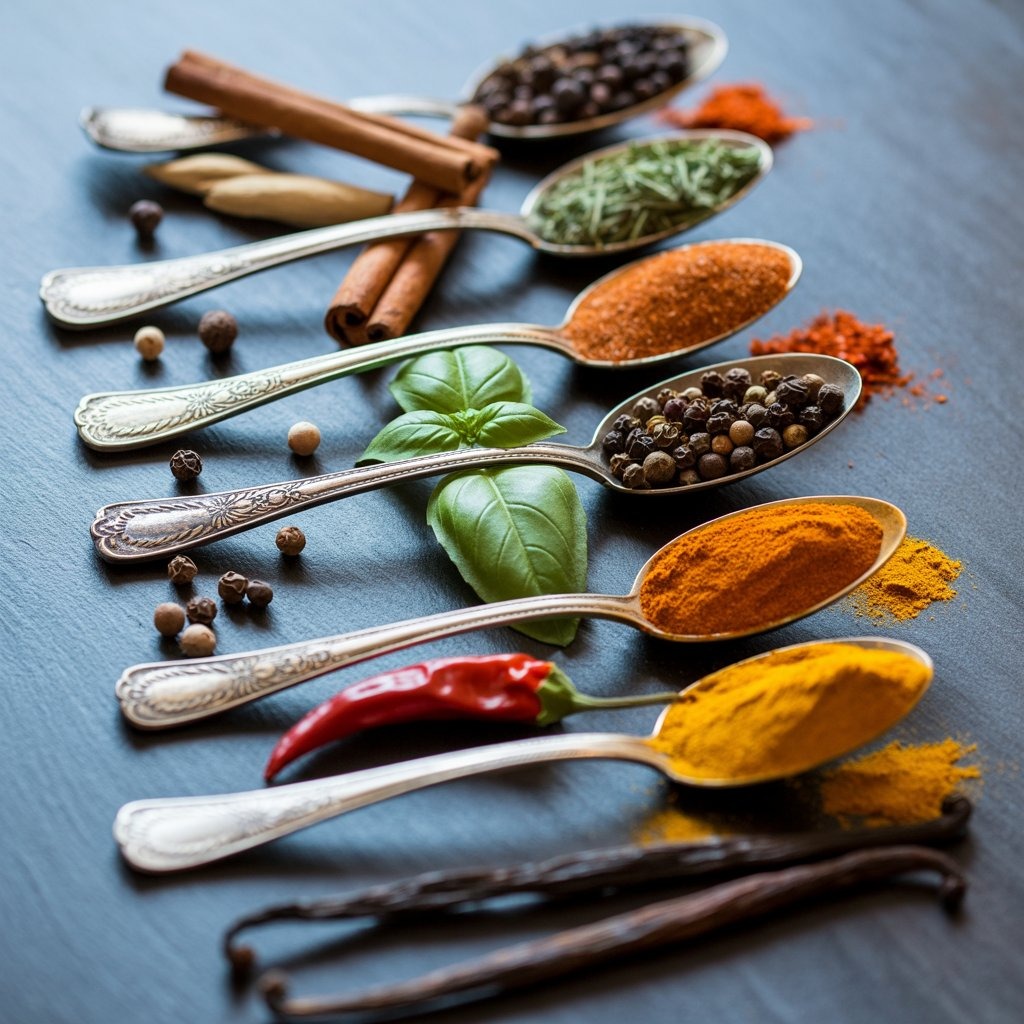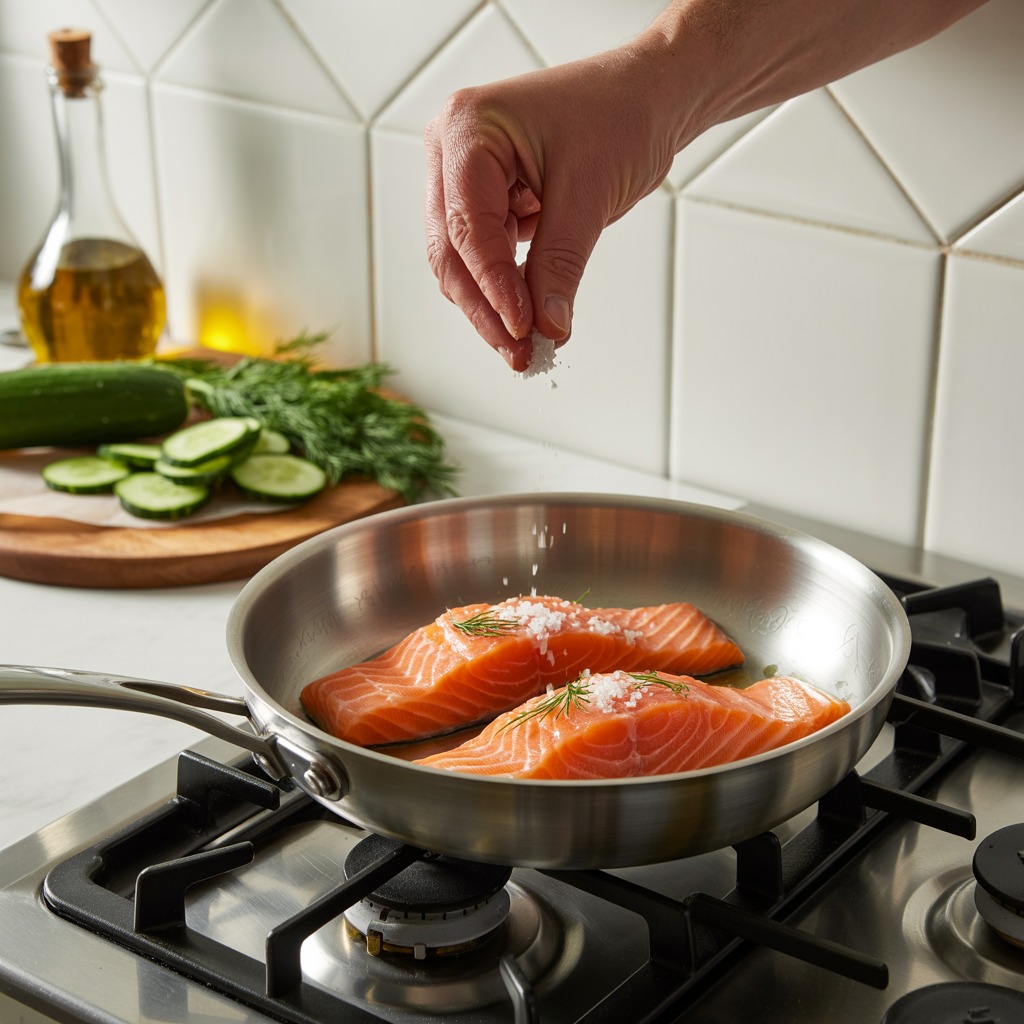Oil vs Butter: When and Why to Use Each
It was a typical Saturday morning in our house—the kind where the kids are already asking for pancakes before I’ve had my first full sip of coffee. They were bouncing around the kitchen, arguing over toppings while I tried to get the skillet heated up. That’s when I paused, spatula in hand, and stared at the counter. Butter or oil?
I’ve had this pause more times than I can count. And not just for pancakes. It shows up when I’m roasting vegetables, frying eggs, baking cookies, or prepping a quick weeknight stir-fry. It’s a simple question, but one that’s shaped a lot of meals—and taught me a lot about how heat, flavor, and technique work in a home kitchen.
That morning I went with butter. Not because it was the technically superior choice, but because nothing beats the smell of melting butter in a hot pan when you’re making pancakes for your kids. It felt right. It tasted right. But over time, I’ve learned there are better reasons to choose one over the other. And knowing when and why to use oil or butter? That can make your food sing.
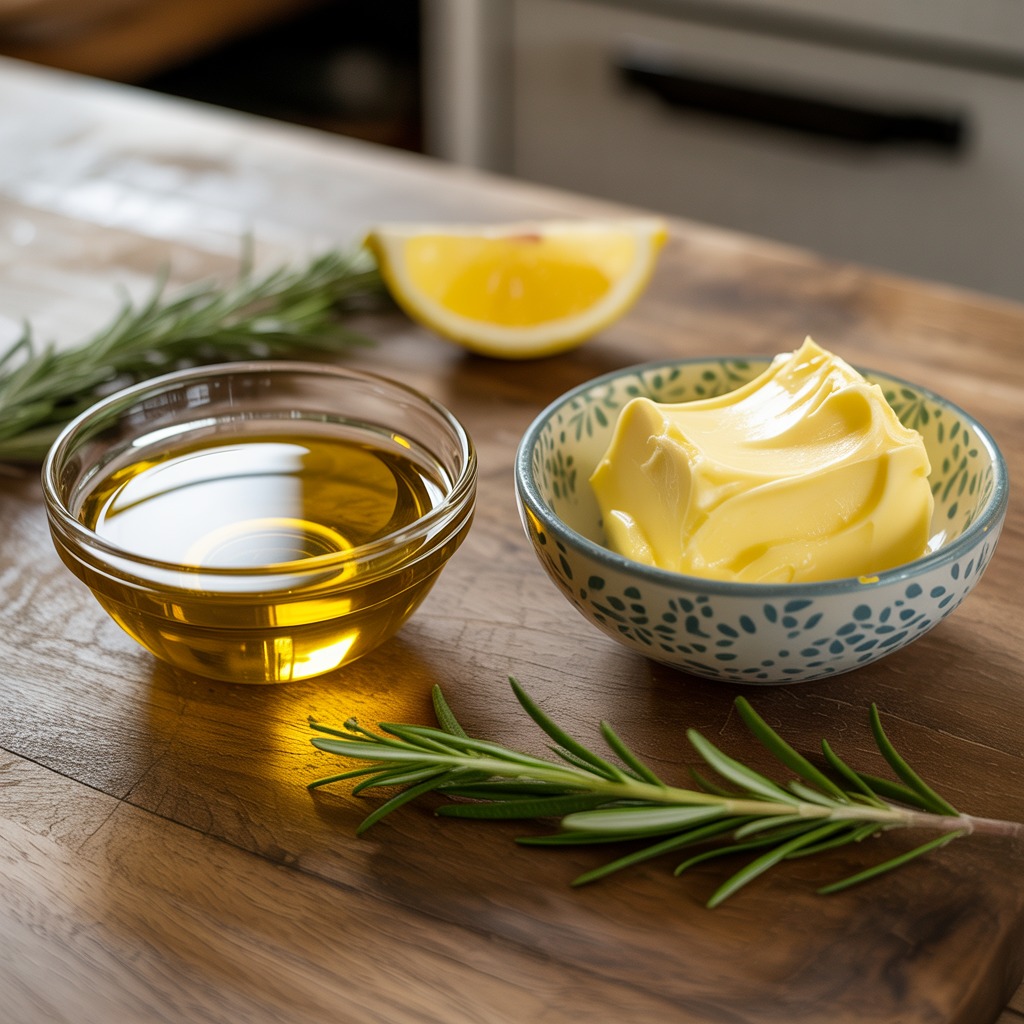
What Butter Really Does
Butter brings more than just fat to a dish—it brings flavor. It’s creamy, rich, and familiar. There’s a reason it’s in so many comfort foods, from grilled cheese to mashed potatoes to baked goods. But it’s also fragile.
Butter burns quickly, especially at high temperatures. That’s because it’s not pure fat—it’s got water and milk solids in it. Those milk solids are what brown and give flavor, but they’re also what can burn if your pan is too hot.
So when do I choose butter?
- When I’m making something low and slow, like scrambled eggs or a simple pan sauce
- When I want that deep, rich taste in baked goods, from cookies to cakes to biscuits
- When I want a silky finish, like on steamed vegetables or warm rice
Butter is about flavor first. But it demands attention. You’ve got to keep the heat in check and know when to pull it off the burner.
When Oil Has the Advantage
Oil is the utility player. It doesn’t bring the same flavor as butter, but it brings stability, versatility, and heat tolerance. Most oils have a higher smoke point, which makes them great for high-heat tasks like searing meat, roasting vegetables, or deep frying.
And since oils are pure fat, they don’t brown or burn the same way butter does.
I reach for oil when I need:
- Consistent, even cooking at high temperatures
- A neutral base that won’t overpower more delicate flavors
- A way to crisp things up—like pan-fried tofu, roasted sweet potatoes, or golden brown chicken skin
Oil lets me cook boldly without worry. It’s dependable, and sometimes that’s exactly what dinner needs.
My Favorite Trick: Using Both
Over the years, I’ve realized that I don’t always have to choose. In fact, some of my best meals come from using both butter and oil in the same dish. Oil gets the cooking started—giving me time and temperature control. Then I add butter at the end, letting it melt into the food and bring richness and flavor.
It’s a rhythm that works beautifully for things like sautéed onions, pan-seared chicken, or even roasted vegetables. Oil does the heavy lifting. Butter adds the soul.
Real-Life Cooking Decisions
Pancakes? Butter. Always. But I keep the heat low and swipe the pan clean if I make several batches.
Frying eggs for a crowd? Oil. It’s easier to control, especially when the pan’s hot and I’m multitasking.
Searing a steak? Oil for the sear. Butter for the baste. I finish with butter, garlic, and herbs for flavor.
Baking cookies? Always butter. It gives structure, tenderness, and that classic, rich flavor.
Roasting potatoes? Oil. It gives me that crisp exterior. But while they’re still hot, I toss them with a pat of butter and some fresh herbs for a finish that makes them irresistible.
These choices aren’t based on strict rules. They’re decisions I’ve come to through repetition, taste, and a lot of trial and error in a real family kitchen.
When I Have to Sub
There are times when I run out of one or the other. Maybe I forgot to buy butter. Maybe I used the last of the oil in last night’s stir-fry. In those moments, I don’t panic. I just ask myself: what matters most here?
If I’m baking and I want tenderness and flavor—swapping oil for butter works in a pinch, but the end result will taste different.
If I’m cooking something that needs heat, and I only have butter, I adjust the temperature or add a splash of oil to keep it from burning.
Knowing what each ingredient brings to the table helps me improvise with confidence.
Conclusion
Oil and butter aren’t rivals—they’re teammates. They each have their strengths, and knowing when to lean into one or both can elevate your cooking more than any fancy gadget or gourmet ingredient.
Understanding their purpose—how butter brings depth and emotion, how oil brings clarity and control—has made me a better cook. Not because I always choose perfectly, but because I choose with intention.
So next time you reach for the skillet, take a second. Ask yourself what the food needs. More heat? More flavor? Maybe both?
Because the best meals aren’t just made with ingredients. They’re made with choices. And those choices? They start with a simple question: oil or butter? Which is your favorite? Share with me in the comments!

